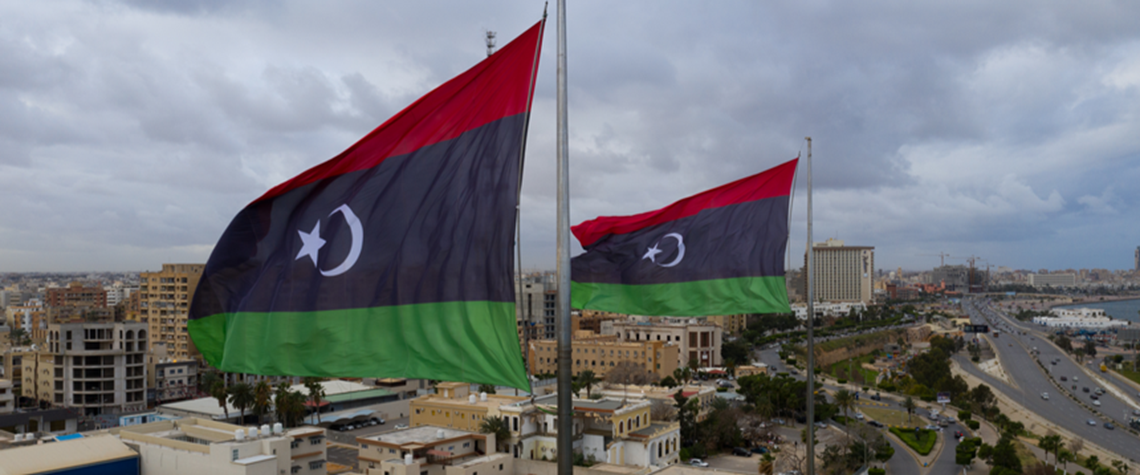Libya’s oil industry faces renewed turbulence
After a year of relative calm, chaos has returned to Libya with the cancellation of planned elections and the emergence of two rival prime ministers
The struggle between Libya’s sitting prime minister, Abdulhamid Dbeibeh, and the man parliament wants to replace him with, Fathi Bashagha, is likely to be protracted. Neither man seems likely to devise a cabinet acceptable to all of Libya’s armed factions, raising the possibility of a return to the civil war that was suspended by a UN-brokered ceasefire in 2020. This spells a period of uncertainty for the oil sector, as Libya’s National Oil Corporation (NOC) is caught in the country’s political battles. Elections had been set for 24 December 2021, the 70th anniversary of Libya’s independence, and were to have been the culmination of a two-year-long UN peace process. That process saw two warr

Also in this section
26 July 2024
Oil majors play it safe amid unfavourable terms in latest oil and gas licensing bid rounds allowing Chinese low-ball moves
25 July 2024
Despite huge efforts by India’s government to accelerate crude production, India’s dependency shows no sign of easing
24 July 2024
Diesel and jet fuel supplies face a timebomb in just four years, and even gasoline may not be immune
23 July 2024
Rosneft’s Arctic megaproject is happening despite sanctions, a lack of foreign investment and OPEC+ restrictions. But it will take a long time for its colossal potential to be realised







